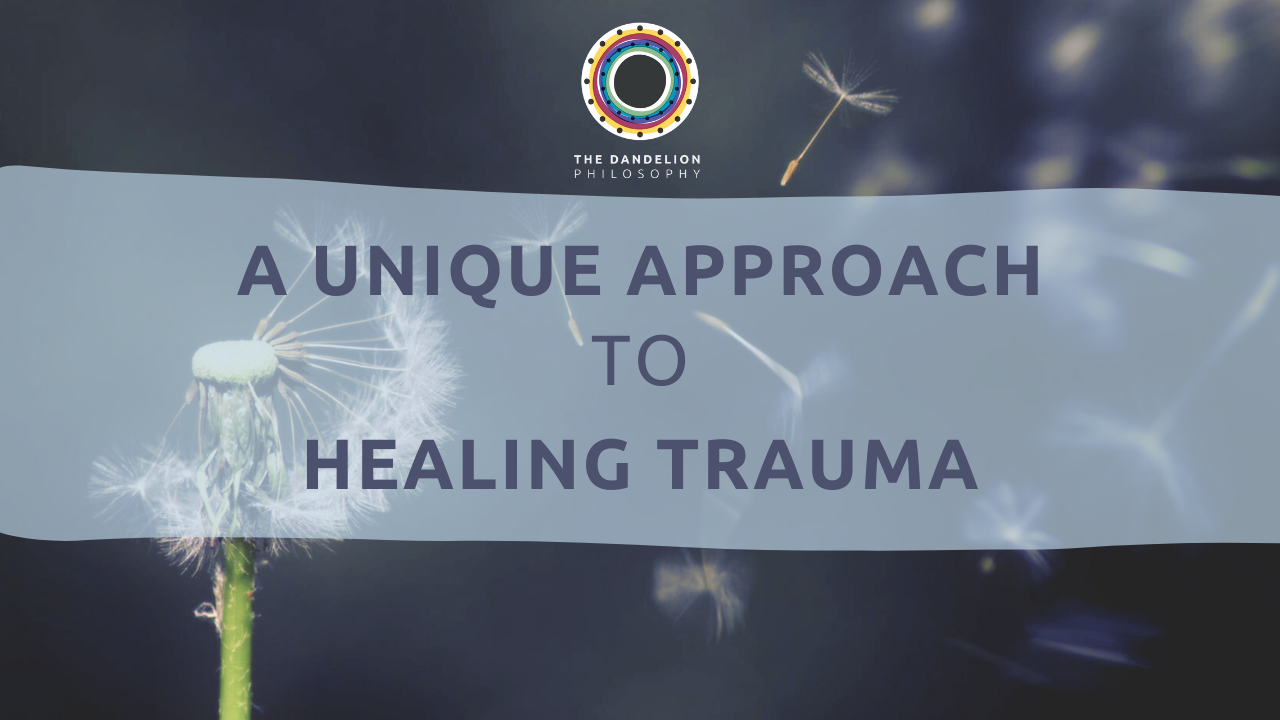- Sustainable Philanthropy
- Social Enterprise
- South Africa
- Social Impact
- Sustainability
- Social Change
- Trauma Healing
- Women's Empowerment
- Empowerment
- Gender Equality
- Healing
- Community Empowerment
- Give Back
- Volunteering
- Cambridge Village
- Healing Hub
- Addressing Inequality
- Intergenerational Trauma
- Charity
- Giving

A Unique Approach to Healing Trauma
Trauma is a pervasive issue that affects people from all walks of life, but those living in impoverished communities are often hit the hardest. Like many South Africans, the residents of Cambridge Village in the Eastern Cape of South Africa, currently face sustained displacement, feelings of shame, and unspoken trauma from the historical effects of Apartheid. They continue experiencing debilitating levels of intergenerational and long-term exposure to trauma, which has paralysed the community into a state of poverty, hunger, unemployment, crime, and violence. Poverty can also create a cycle of trauma that can be difficult to break free from, leading to chronic stress and seemingly unrelated mental health conditions and physical health problems. However, at The Dandelion Philosophy, we believe that resilience can be a powerful tool for transforming trauma and breaking this cycle.

Circles: A Modern Afrocentric Approach to Psychology
There’re multiple factors that differentiate black trauma from white trauma. The lingering effects of generations of slavery and segregation for black people in Africa and the United States have been carried forward throughout history leading to ongoing systematic discrimination. This unequal treatment impacts black and brown people's experience of trauma, their ability to process it, and their access to much-needed psychological support. It’s important to acknowledge that not all approaches to psychology need to look the same. The Dandelion Philosophy is building its own alternative Afrocentric approach to psychology. Our program, called “Circles”, reaffirms our brand, which seeks to honour and uplift people of colour who have experienced intergenerational trauma and psychological hardships.

Understanding Trauma and Intergenerational Trauma
The Dandelion Philosophy considers intergenerational trauma a root cause of adverse actions and behaviours. Instead of working directly with the behavioural consequences of trauma, we address the underlying trauma itself to slowly change behavioural patterns and encourage development and self-actualisation.

